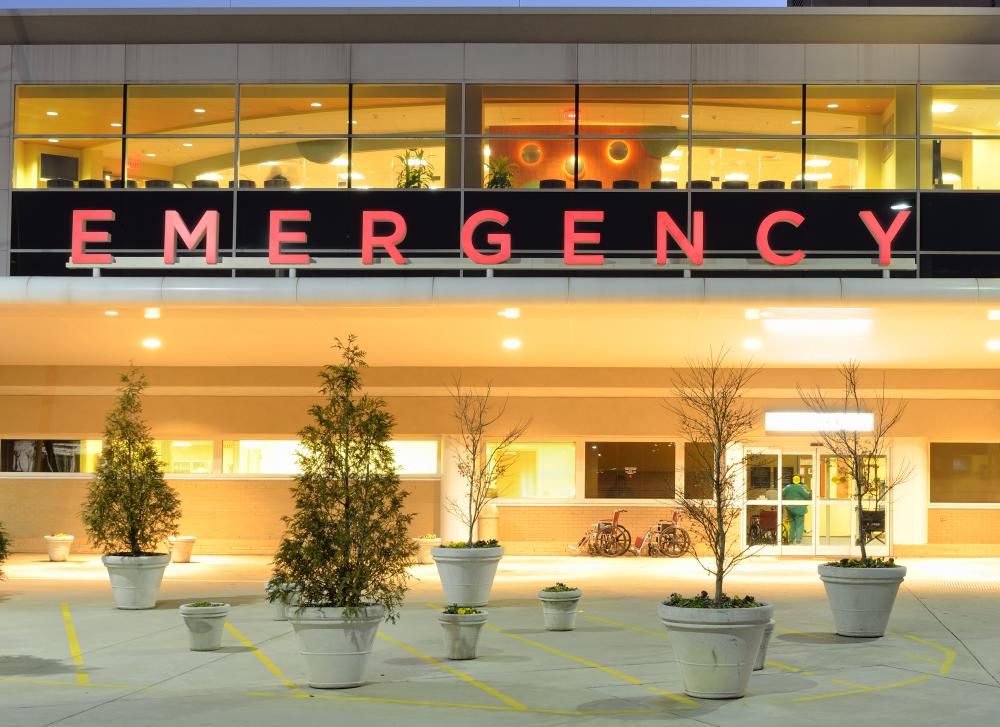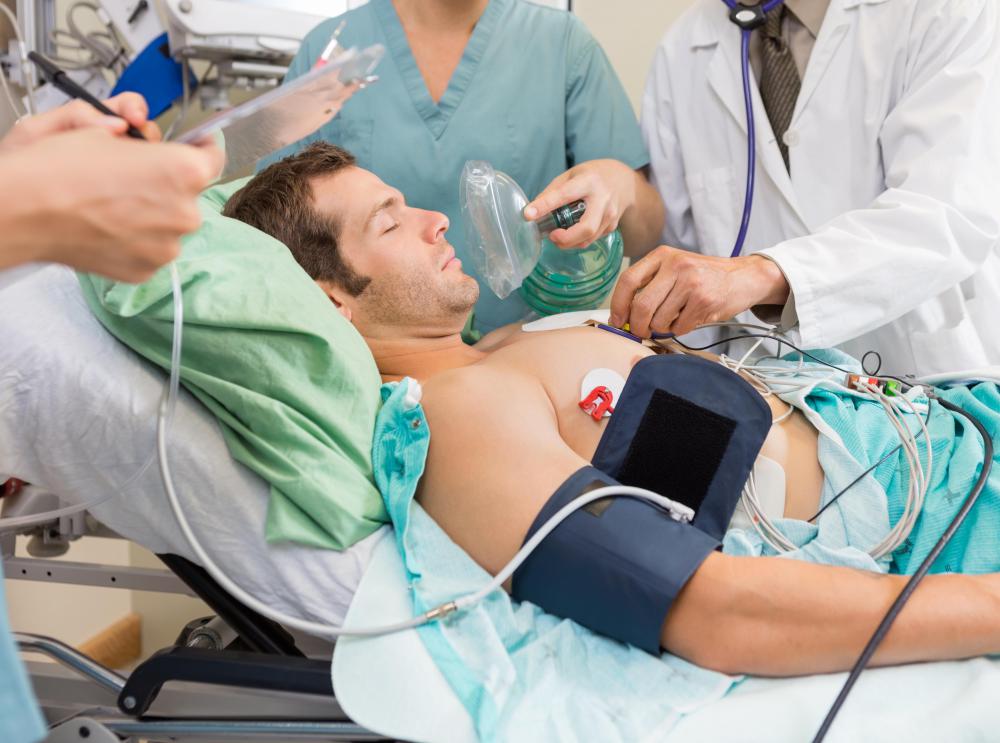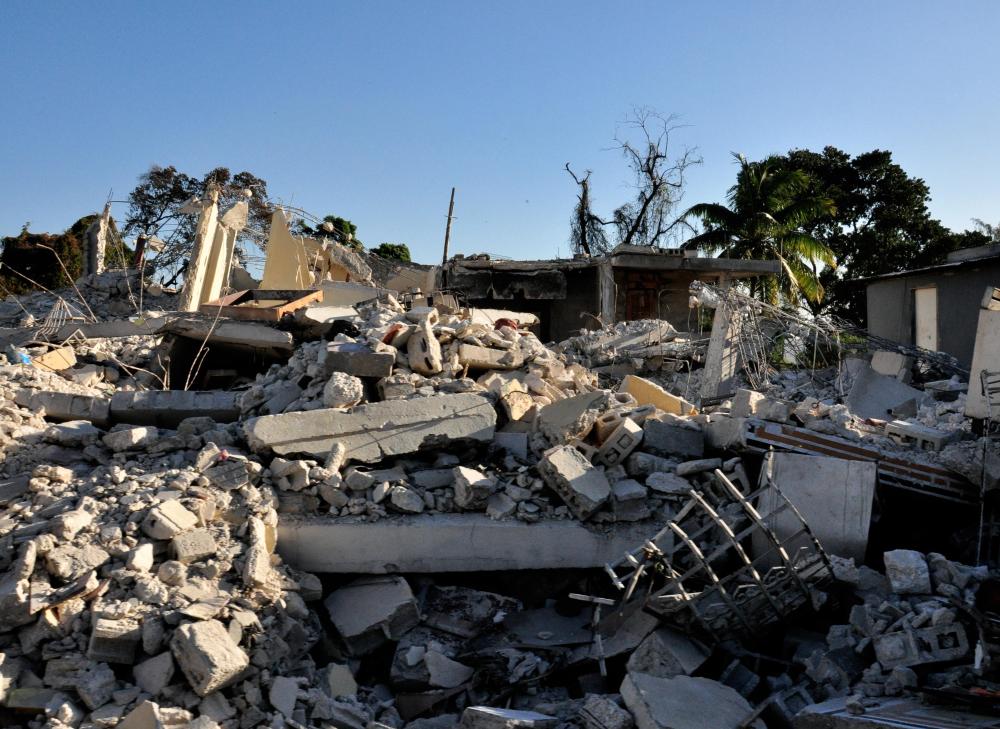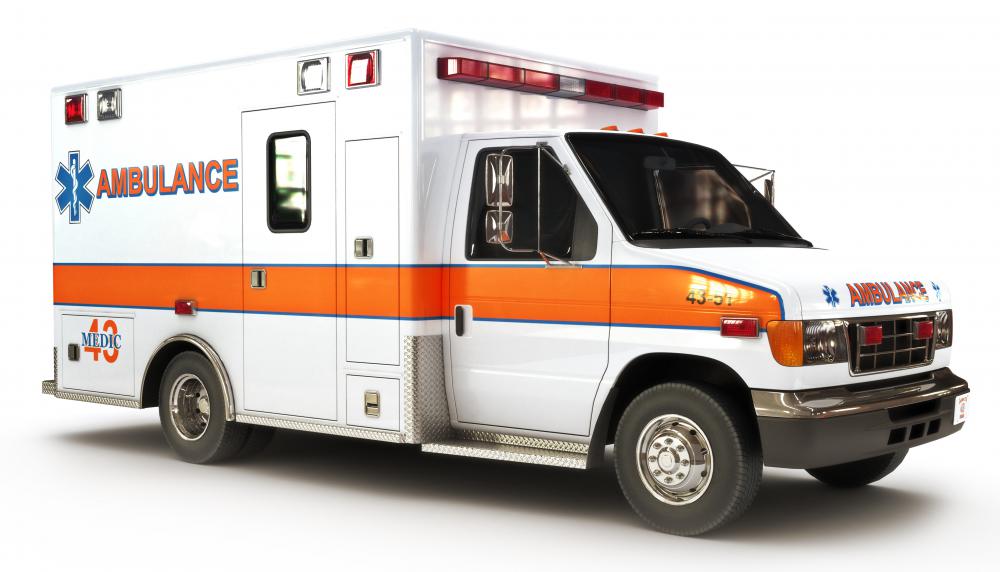At PracticalAdultInsights, we're committed to delivering accurate, trustworthy information. Our expert-authored content is rigorously fact-checked and sourced from credible authorities. Discover how we uphold the highest standards in providing you with reliable knowledge.
What Does a Triage Nurse Do?
A triage nurse is a medical professional with specialized training in the management and sorting of patients by degree of care required. Triage nursing began on the battlefields of the Napoleonic wars, as medics desperately attempted to save as many casualties as possible through an organized system of medical attention. Today, a triage nurse is a fixture in many emergency rooms and hospitals, and helps determine in which order patients need care.
Triage, which comes from a French verb meaning “to sort,” first evolved as a medical technique used by armies. With large scale battles and military operations, field medical clinics could quickly be overwhelmed by hundreds, or even thousands, of casualties at once. The system soon evolved to include the management of large scale disasters, such as train derailments or earthquake victims, and later filtered into most forms of emergency care. The system of triage consists of analyzing patients and grouping them by severity of illness or injury; triage categories vary by medical system, but basic divisions include those who are dead or beyond care, those who may be saved with immediate attention, those who are seriously ill or wounded but can wait a while, and those who may need care but can safely be delayed.

A triage nurse is the person responsible for making categorical determinations. In addition to training in general nursing, a triage nurse usually holds a nursing degree with a specialty in triage. These nurses excel at being able to quickly analyze a patient's symptoms in order to fit them into the correct slot in the triage system. A good triage nurse can play a measurable part in saving lives by making sure that critically injured or ill patients get the fastest care possible.

Though triage is still used in military clinics and for disaster management, it is now very common for a triage nurse to work for a hospital emergency room or urgent care clinic. Triage nurses are often the first medical specialist a patient sees, soon after checking into the hospital. Usually, a triage nurse will sit down with a patient and get an initial description of symptoms, check vital signs, and perform an assessment for symptoms of critical injury or illness. In some modern facilities, this information may be entered into computer software that determines triage position, in others, the triage nurse is fully responsible for making care decisions.

A triage nurse may also be available by phone for people who are unsure if they should come into an emergency room or clinic. In large cities, emergency room crowding can become a serious problem, leading to delay of care for seriously ill or injured patients. Triage by telephone may be available to answer questions and provide instructions for home care for those that are not truly in need of emergency services; they may also be able to set up immediate appointments over the phone for patients who need immediate attention. Calling a triage nurse can be a good way to determine if a trip to the ER is warranted by symptoms.
AS FEATURED ON:
AS FEATURED ON:
















Discuss this Article
Post your comments